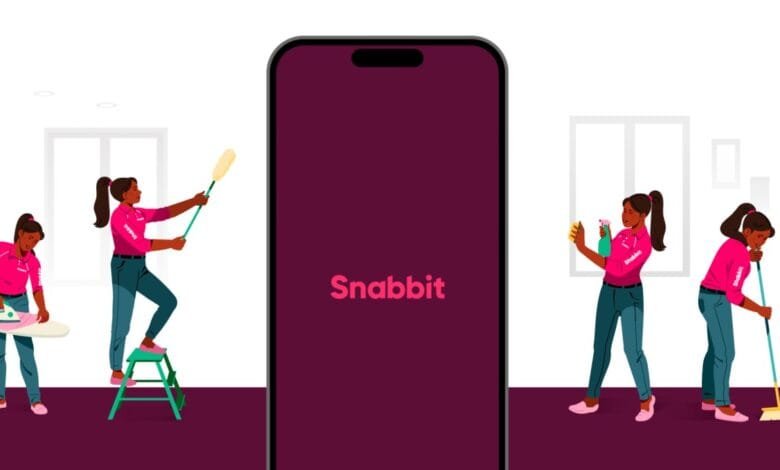Lightspeed Invests in Snabbit: India’s Rising Home Services Star

▼ Summary
– Home services in India have traditionally been informal and unreliable, but startups like Snabbit are using technology to bring structure and predictability to the sector.
– Snabbit, a Mumbai-based startup, offers on-demand home services (cleaning, dishwashing, etc.) with delivery in 10 minutes and recently raised $19M in Series B funding at an $80M valuation.
– The startup employs a full-stack approach, sourcing and training workers (“experts”) and placing them near demand centers to ensure fast service, while also providing insurance and safety features.
– Snabbit faces competition from Urban Company and newer entrants like Broomees and Pronto, but differentiates itself with higher pricing and a focus on worker benefits and customer experience.
– Despite rapid growth (5x in four months), challenges remain, including high customer acquisition costs and the need to sustain retention in a competitive market.
India’s home services sector is undergoing a digital revolution, with startups like Snabbit leading the charge by offering on-demand solutions for everyday household needs. Traditionally dominated by informal arrangements, this space has long struggled with inefficiencies—consumers face unreliable service, while workers deal with inconsistent income. Snabbit, a Mumbai-based startup, is changing that narrative by providing lightning-fast bookings for cleaning, dishwashing, laundry, and kitchen prep, all accessible through its app in as little as 10 minutes.
The company recently secured $19 million in Series B funding, led by Lightspeed with participation from Elevation Capital and Nexus Venture Partners, valuing the business at $80 million. Founded just 15 months ago, Snabbit emerged from CEO Aayush Agarwal’s personal frustration with the lack of dependable home help. After struggling to find reliable domestic workers, he realized the stark contrast between India’s booming on-demand economy and its outdated home services sector.
Snabbit’s model hinges on a full-stack approach, handling everything from worker recruitment to training and placement. The startup ensures its “experts” live near high-demand areas to meet its 10-minute service guarantee. While competitors like Urban Company have ventured into quick services, Snabbit differentiates itself with higher price points (₹169–₹499 per service) and a focus on worker welfare, offering insurance, bonuses, and earnings that surpass typical domestic helper wages.
The platform currently employs 600+ workers, with many using e-bikes provided through a partnership with Yulu to expand their service radius. Workers can earn up to ₹40,000 monthly for full shifts, significantly more than the industry average. Snabbit also addresses safety concerns with an SOS feature that dispatches support within minutes if workers face emergencies.
Despite rapid growth—5x expansion in four months—challenges loom. The hyperlocal services space is notoriously tough, with high customer acquisition costs (₹700 per user) and thin margins. Yet, Snabbit’s 25,000+ customers return frequently, averaging three transactions monthly, a retention rate comparable to giants like Swiggy and Zepto.
With plans to expand into 200 micro markets across India’s metro cities, Snabbit aims to turn home services from a luxury into a daily convenience. As Rahul Taneja of Lightspeed noted, the startup isn’t just scaling a business—it’s rebuilding an entire industry from the ground up. Whether it can sustain momentum in a competitive, cost-sensitive market remains to be seen, but for now, Snabbit is sprinting ahead.
(Source: TechCrunch)




